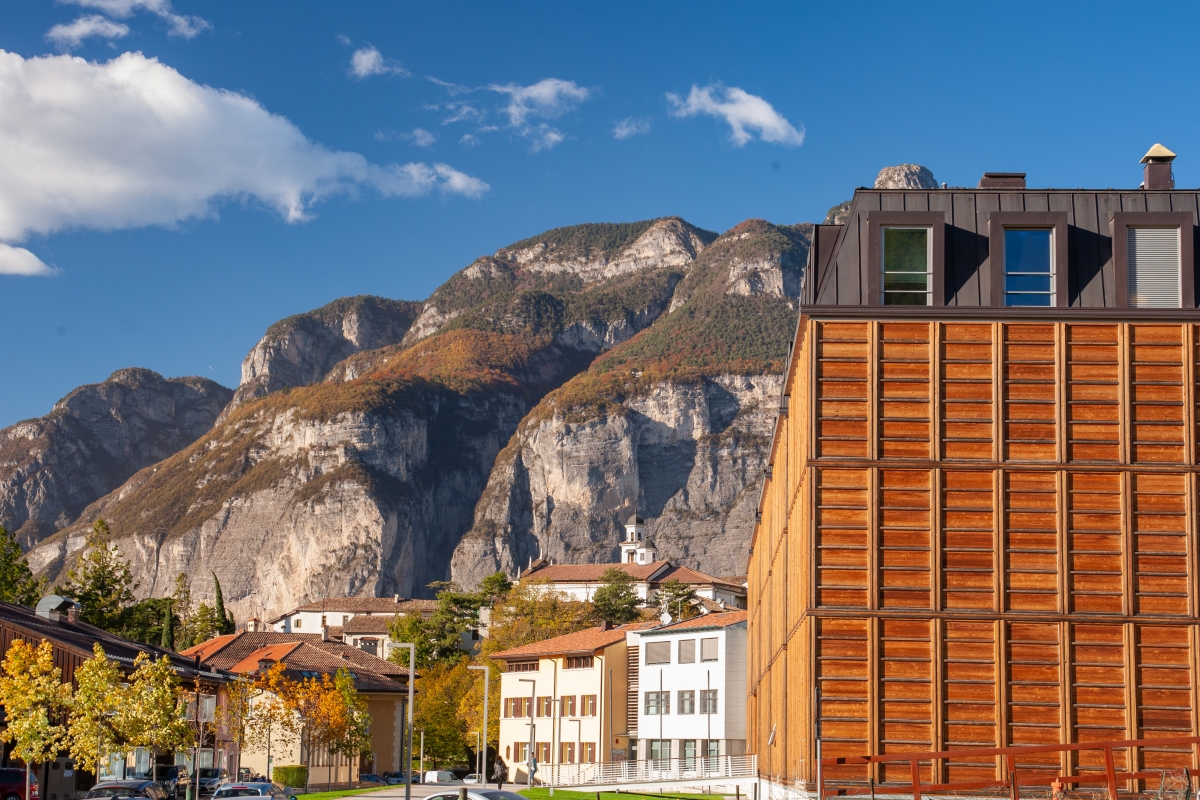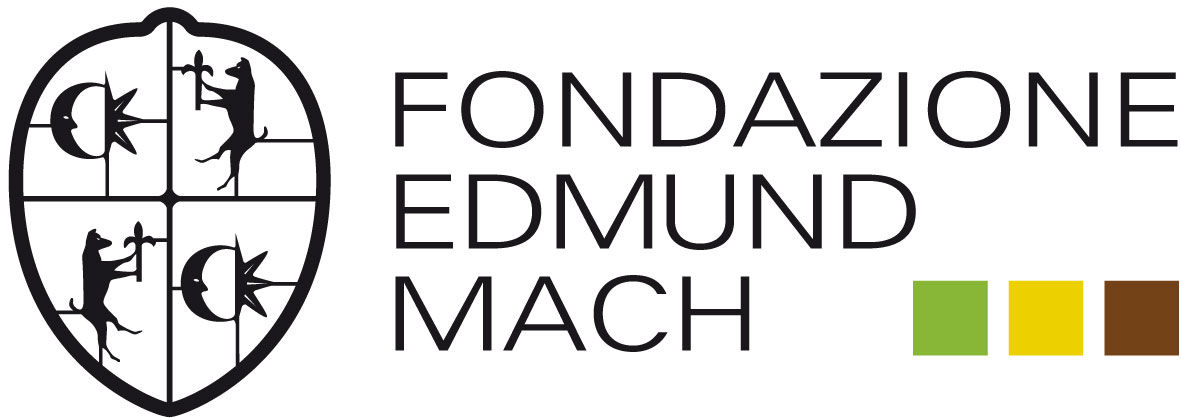The postgraduate degree programme in Agrifood Innovation Management was designed to meet the demand of graduate students for professional and scientific skills in the field of agri-food innovation management, product enhancement and improvement of quality management systems.
These will be crucial drivers of economic recovery in the post COVID-19 emergency.

The degree aims to train and develop agrifood innovation managers, who will be able to promote innovation in the agrifood industry, encourage the development of new business initiatives and endorse positive change at the supply chain level. These actions are geared to enhance and add value to specialties and high-quality produce of the area in which the agrifood innovation manager operates and facilitate the transition towards a more sustainable agrifood production systems.
This highly interdisciplinary degree offers a training programme that aims to stimulate innovative solutions in agrifood supply chains, from primary production to processing and commercialization. The degree also provides knowledge and understating on the evolution of food culture and trends in agri-food markets.
The degree course, entirely taught in English, is characterized by:
- Traditional educational activities:
- standard lectures
- classroom practicals
- laboratory practicals
- innovative educational activities::
- Field practicals
- Tutorials
- Innovative teaching: learning by doing, challenge-based learning, role playing, problem solving
- Academic and professional seminars as well as internships in the agrifood industry
- An industry-based research project aimed at developing and optimizing a product or a technology (length: 6 months)
- Workshops with experts from the agrifood sector
- Visits to agrifood companies
The degree is the result of the collaboration between the University of Trento and the Edmund Mach Foundation and is hosted in the San Michele all'Adige campus: a center equipped with infrastructures and technologies that allow the transfer of theoretical and applied knowledge.
In addition to classrooms, there are: a study room with computer stations, two teaching laboratories fully equipped for biology and chemistry activities, experimental greenhouses, several laboratories equipped for the analysis of agri-food products and food processing, an educational cellar and a farm with specific areas used for field teaching activities.
The province of Trento is an area characterized by a strong synergy between research, production and promotion. This creates an ideal context for a degree programme which aims to bring students closer to the job market.
The Steering Committee of this degree programme is composed by the degree course coordinator, instructors nominated by the Center Council, a student representative, an administration manager and 15 experts from the academic and professional arena who were nominated by the Center C3A Council.

